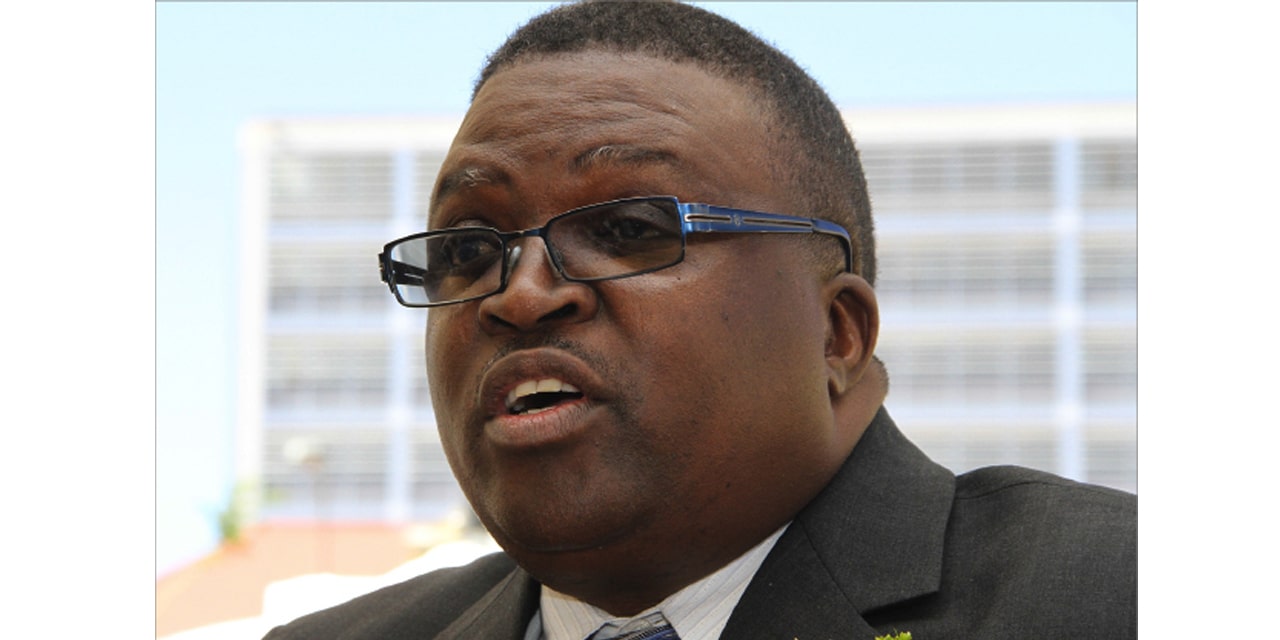Allexer Namundjembo
A report by Auditor General Junias Kandjeke has uncovered significant gaps in financial reporting at the Otjozondjupa Regional Council, including missing payment vouchers and delayed submissions, raising serious questions about transparency and compliance.
The report, submitted to Parliament in November last year, covers the council’s financial activities for the year ending March 2019.
It reveals that payment vouchers for expenses amounting to N$4.86 million were not provided for audit purposes.
Kandjeke noted that the council lacked a formal financial reporting framework for the period under review.
“The Council did not have a financial reporting framework for the financial year ended 31 March 2019,” he stated.
The audit also flagged the absence of supporting documents for a government subsidy totalling N$2.33 million.
Further, income records for assessment rates amounting to N$3.42 million were not submitted, and vouchers for capital projects worth N$36.4 million were also missing.
In addition to the missing records, the report highlighted that the council failed to submit VAT returns on time, violating Section 24(1) of the Value Added Tax Act, 2000.
A discrepancy of N$4.1 million was identified between VAT receivable figures in the financial statements and those in VAT returns.
Asset verification also proved problematic.
The auditors reported that assets valued at N$9.3 million could not be verified because identification numbers on the physical assets did not match those listed in the council’s fixed asset register.
The audit further revealed that the financial statements were submitted late.
“The statements were submitted on the 9th of November 2021 instead of three months after the year-end as required by the Act,” the report stated.
The findings point to weaknesses in financial controls and documentation at the regional council, underscoring the need for urgent improvements in record-keeping and compliance with statutory requirements.




